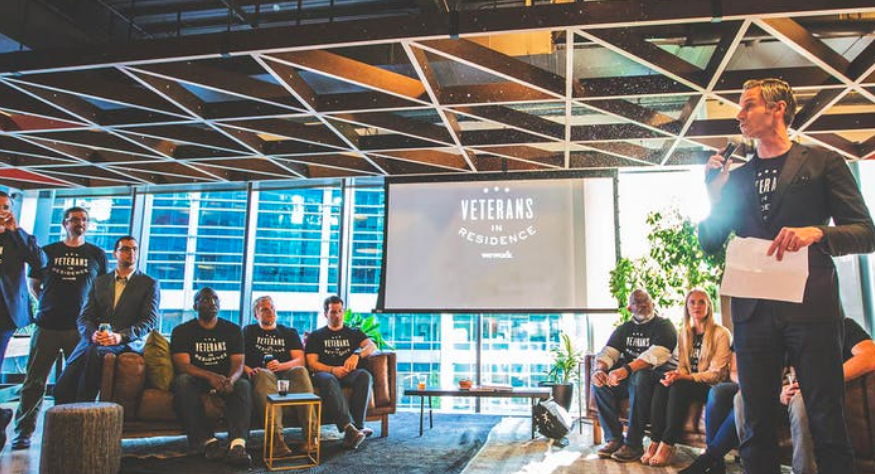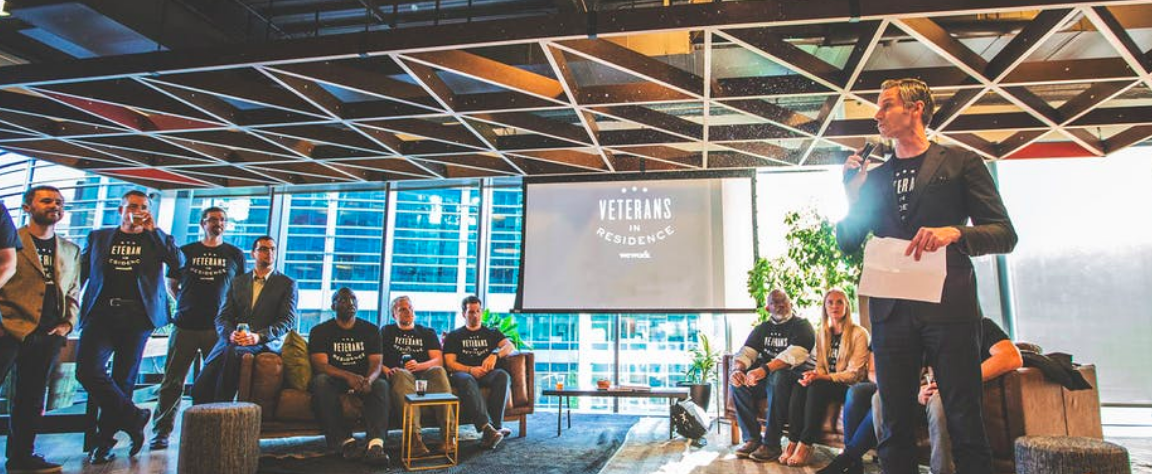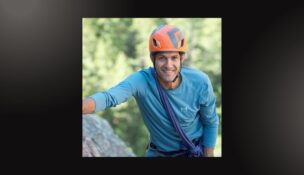10 Things I Learned About Veteran Entrepreneurs
Perspective from the community lead for Denver WeWork Veterans in Residence program, helping military vets progress on their professional paths
Joe Herold //April 24, 2018//


10 Things I Learned About Veteran Entrepreneurs
Perspective from the community lead for Denver WeWork Veterans in Residence program, helping military vets progress on their professional paths
Joe Herold //April 24, 2018//

Veterans are uniquely positioned to succeed as entrepreneurs.
Per a 2016 Fortune magazine article in 2016, Craig Cummings, Partner at Moonshot Capital, touts that veteran-led startups make up about 25 percent of the portfolio, but represent 75 percent of the returns of his firm.
Why is that?
What is it about veterans that make them well-suited to success in entrepreneurial ventures?
As community lead for the Denver WeWork Veterans in Residence program, I have the inspiring opportunity to watch cohorts of veterans at various points in their entrepreneurial journeys come together and help each other progress.
My personal observations of these veteran entrepreneurs led me to these 10 observations/reaffirmations of the skills veterans bring to entrepreneurship.
1. Veterans form bonds quickly. When you move every two to three years for a new assignment, you learn to quickly accept and be accepted into new communities. Ties are made quickly, and you can be separated for years and instantly re-connect. You may arrive at a new base and be invited to a “farewell” party for someone you’ve never met – not to really say goodbye but to meet all the new folks you’ll be working with for that assignment.This openness to connection is useful in establishing new relationships with potential partners, customers or other stakeholders.
2. Veterans are used to operating in ambiguous situations – making sense of a multitude of inputs, prioritizing and executing. These are all skills that are essential for an entrepreneur.
3. Veterans know how to embrace a pivot when necessary. Like battle plans in the face of the enemy, business plans typically fall apart at first contact with the customer. Veterans are experienced at moving to take advantage of new opportunities.
4. Veterans support each other. I don’t know how many times I’ve heard how grateful a veteran entrepreneur is to just have a “safe place” to vent about their professional challenges or frustrations. Veterans in Residence provides a physical space and supportive audience for entrepreneurs to talk about something without investors, employees or co-founders in their midst.
5. Veterans trust each other. This is related to, but not the same as support. For entrepreneurs, veteran venues provide a safe place where they can voice their ideas and get honest feedback (I’m getting to that one) without fear of their ideas being “stolen” or divulged to a competitor.
6. Veterans are used to honesty and bluntness. Veterans don’t pussyfoot around when providing feedback. If your idea sucks, you’ll hear about it…which is great because it saves time from pursuing an idea that you like but that just doesn’t have legs. But it’s not a negative experience, as it’s immediately followed with constructive thoughts about how a shift in approach or perspective could make your idea feasible or better.
7. Veterans separate the person from the mission – or the idea. Even if one of your ideas Lacks credibility, it doesn’t mean you do. We can provide that open, honest feedback because we don’t take it personally. Tough after-action reports where critiques come in from all angles do not imply, nor are taken as, a lack of respect for the person.
8. Veterans have a strong desire to serve that doesn’t end when their time in uniform ends. They want to continue to help others. The most recurrent comment I receive on Veterans in Residence applications is that they want to join the cohort “to help others.”
9. Veterans are there for each other personally as well as professionally. If someone is hurting or in trouble, needs someone to talk with, etc., veteran entrepreneurs reach out to help and to ask for help.
10. Veterans operate on a win-win basis for their battle buddies and the conviction that a rising tide raises all boats. It’s not a “you have to lose for me to win” philosophy. At veteran pitch competitions, often the loudest applause for the winners comes from the team that came in second place!
Veterans succeed at entrepreneurship mostly because of love: Love for the challenge they are taking on, the impact they are having and for their fellow veteran entrepreneurs.
Joe "Hark" Herold is the CEO of DesignThinkingDenver and the community lead for Denver WeWork's Veterans in Residence program. He served in the United States Air Force.






















